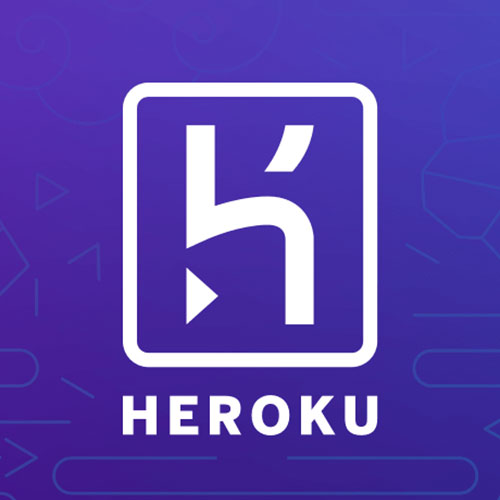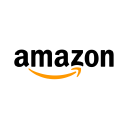I Launched A $16.5K/Month Budgeting App [With Just $15]
Hello! Who are you and what business did you start?
My name is Brandon and I created ClearCheckbook, a financial management tool to help people set budgets, view spending reports, reconcile their bank statements, and more. ClearCheckbook exists as a website with iOS and Android apps for mobile use.
ClearCheckbook attracts customers who want to have full control over managing their finances. They can connect ClearCheckbook to their bank or enter all of their transactions manually without ever needing to connect their accounts.
Today, ClearCheckbook brings in about $18,000USD per month with continued growth year over year.

What's your backstory and how did you come up with the idea?
I started the precursor to ClearCheckbook back in 2005 while I was in college. I wanted a way to track my income...



























